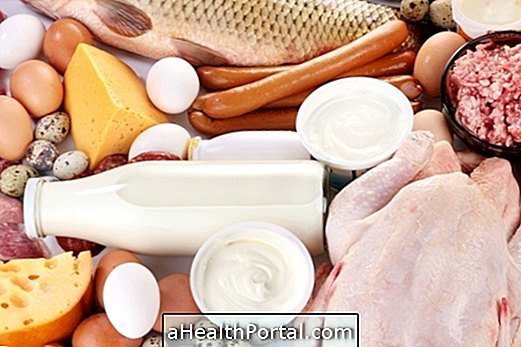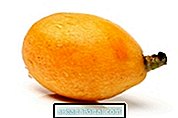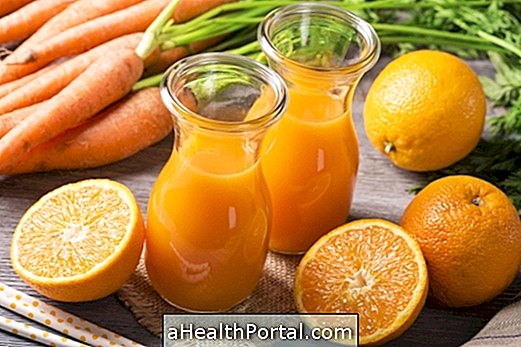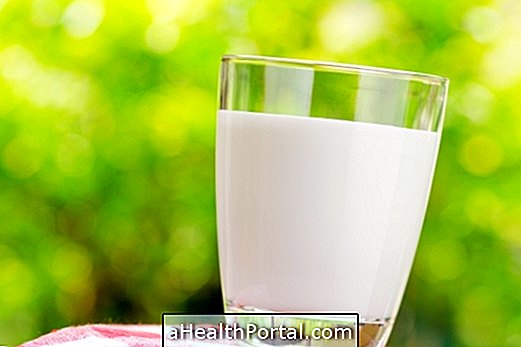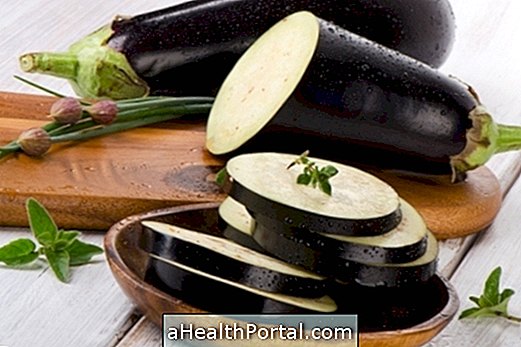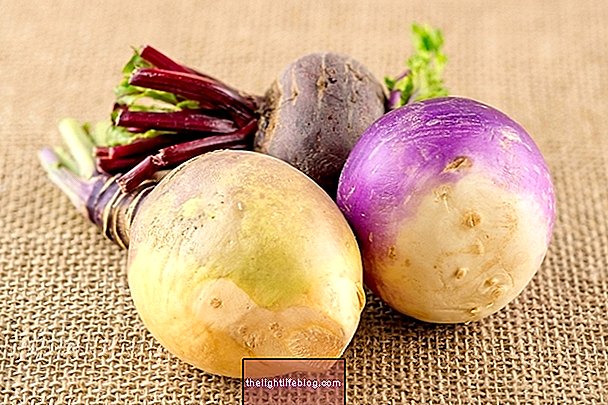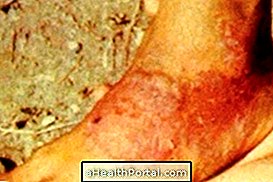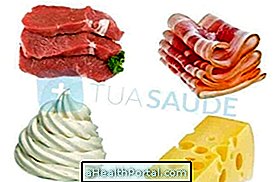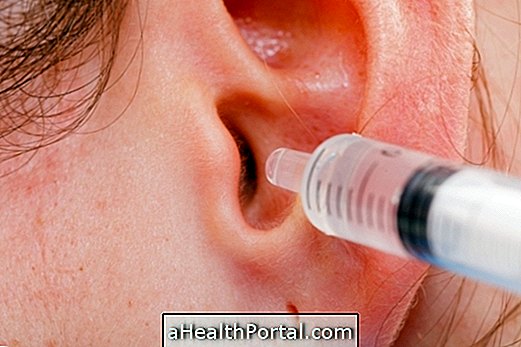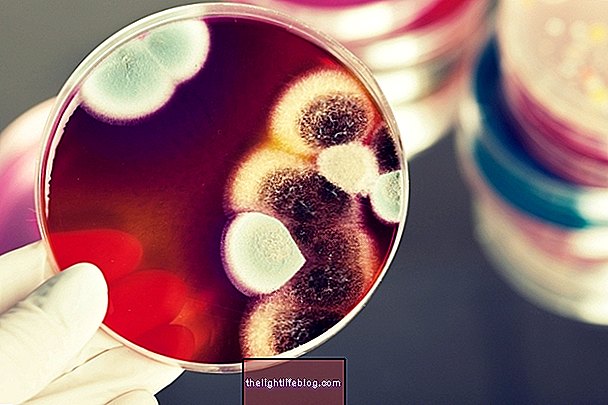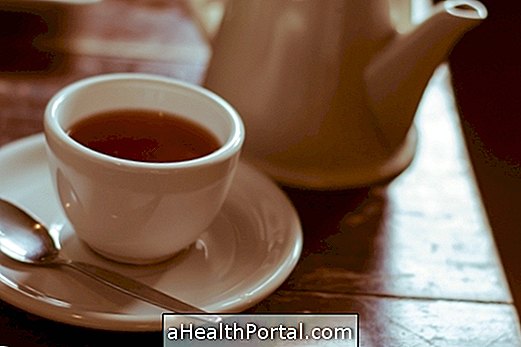Cashew nuts are the fruit of the cashew tree and are an excellent ally of health because it is rich in fats good for the heart and minerals such as magnesium, iron and zinc.
In addition to preventing heart problems, chestnut also helps prevent cancer, premature aging and anemia. It should be consumed in small amounts, 2 to 3 units per day, and can be used in snacks, salads or as an ingredient in other preparations such as cakes or cookies.
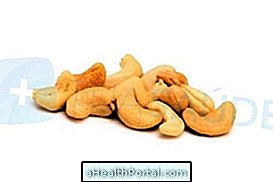

Benefits of cashew nuts
The benefits of cashew nuts are due to the presence of nutrients important to the health of the body, such as:
- Prevention of heart disease, cancer prevention and premature aging because it is rich in anti-oxidants and anti-inflammatory;
- Improved cholesterol and memory due to their mono and polyunsaturated fats;
- Reduced blood pressure, body aches, headache, migraine and muscle fatigue because it is a good source of magnesium;
- Strengthening of the immune system because it contains zinc;
- Prevention of osteoporosis, because it contains phosphorus which helps in the absorption of calcium and is present in the bone composition;
- Prevention and treatment of anemia, because it is rich in iron;
- Maintenance of skin and hair color because it contains copper;
- Prevention of aging and cancer by containing anti-oxidants like selenium and vitamin E.
As cashew nuts are rich in fats, it is also high in calories, so it is recommended to consume about 2-3 units a day to get its benefits. You can buy cashew nuts in supermarkets, at the fair and in natural food stores. See also the benefits of eating nuts.
Contraindications of cashew nuts
Chestnuts are contraindicated for people with renal insufficiency, and their excessive consumption can bring harm to people with a history of low blood pressure and can favor weight gain because it is rich in calories, having 570 kcal per 100 g.
Nutritional information of cashew nuts
The table below shows the nutrients found in 100 g of cashew nuts.
| Components | Amount per 100 g |
| Calories | 570 kcal |
| Proteins | 18.5 g |
| Fat |
46.3 g |
| Carbohydrate | 29.1 g |
| Fiber | 7.9 g |
| Magnesium | 237 mg |
| Phosphor | 594 mg |
| Iron | 5.2 mg |
| Zinc | 4.7 mg |
It is important to remember that the ideal is to eat the chestnut without adding salt. The chestnut of Pará is another food of the group of oilseeds, as well as peanuts and almonds, which are sources of good fats for the heart, know its benefits: chestnut from Pará.
